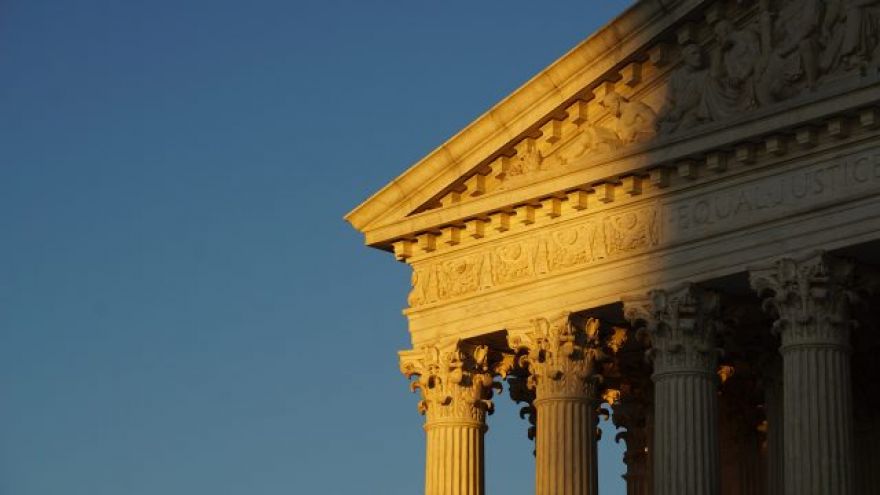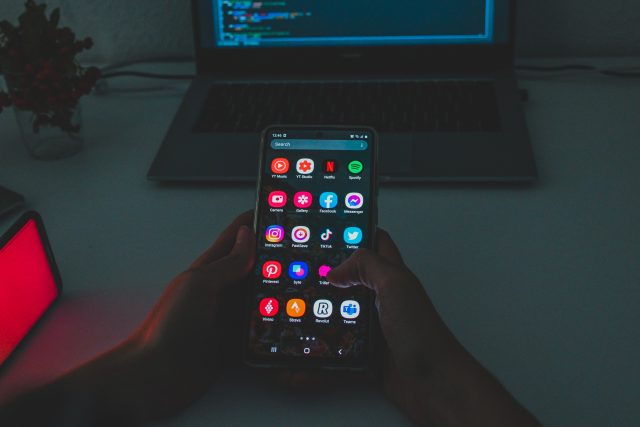
Supreme Court Bars Texas Social Media Law
The law, called HB20, would prohibit social media platforms with more than 50,000 monthly users from removing or even demonetizing content based on a user’s “viewpoint.” This would include content that spreads misinformation or sympathizes with those who have committed horrifying crimes, like the Holocaust or any one of the United States’ many mass shootings. As written, the law makes few exceptions: a platform may remove a user’s content if it violates a formerly agreed-upon acceptable use policy, and if the platform gives the user the opportunity to appeal.
Unsurprisingly, tech companies like Meta, Twitter, and YouTube—all of which would be affected by the law—took issue with HB20 the moment it was publicized. After all, if enacted, the law would allow Texans and the state’s attorney general to sue any qualifying company that “censored” their views online. After the Fifth Circuit Court of Appeals ruled the law could go into effect in early May, the tech giants submitted an emergency order to the Supreme Court asking to appeal the ruling.

Under HB20, Texans would be able to sue a number of large social media companies for “censoring” controversial posts. (Photo: Árpád Czapp/Unsplash)
They appear to have won—for now. Justices Amy Coney Barrett, Sonia Sotomayor, Stephen Breyer, Brett Kavanaugh and Chief Justice John Roberts voted to block HB20 on Tuesday. This bounced the law back to district court, where both sides will have to make their arguments in favor of or against HB20.
This is unlikely to be the last time the Supreme Court reviews a social media moderation law. “Social media platforms have transformed the way people communicate with each other and obtain news,” Justice Samuel Alito wrote in a joined by Justices Neil Gorsuch, Elena Kagan, and Clarence Thomas. “At issue is a ground-breaking Texas law that addresses the power of dominant social media corporations to shape public discussion of the important issues of the day.”
The Supreme Court’s decision comes just days after a Federal Court of Appeals shot down a comparable law in Florida. That one, called , would give the state the power to fine tech companies who similarly “censor” users sharing controversial viewpoints. (Interestingly, companies that own a theme park—AKA Disney, whose many Florida parks prop up the state’s economy—are exempt.) Both HB20 and SB7072 are thought to have been prompted by the removal of some conservative users’ posts or accounts on Facebook and Twitter, including former President Trump’s.
Now Read: